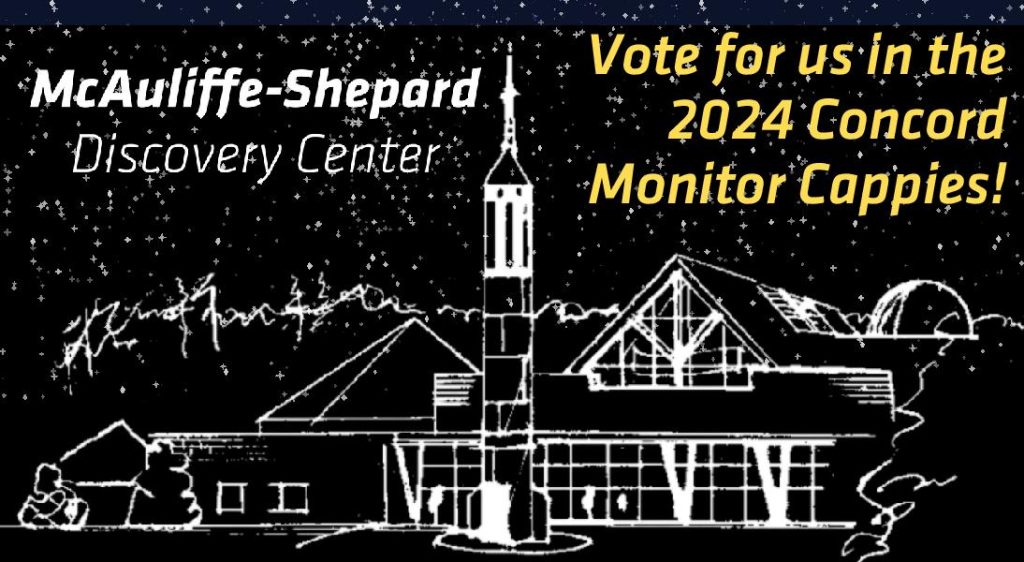Aug. 12, 2003: Rain pours down on Penacook and Boscawen, filling storm drains and waterways beyond capacity. The storm carries away a 15-foot section of River Road, where a culvert leads into the Contoocook River.
Aug. 12, 1976: Gov. Mel Thomson says he is spending just one full day every two weeks at the State House. He says he spends the other hours campaigning for re-election.
Aug. 12, 1952: State officials announce that Concord will be the northern terminus for the new Central New Hampshire Turnpike, a four-lane, $26 million expressway. The road will extend 40 miles from the Massachusetts state line at Tyngsboro to Concord. It will end in a huge traffic circle just south of the city line.
Aug. 12, 1970: Attorney General Warren Rudman labels Meldrim Thomson an extremist after Thomson, a candidate for governor, tells an interviewer that “there’s a point at which freedom of speech or any other right guaranteed under the constitution must be put to one side if we are to preserve the government.”
Thomson was commenting on the state’s recent decision to allow Abbie Hoffman, Jerry Rubin and David Dellinger to appear at the University of New Hampshire.
Aug. 13, 1852: The tallest flagpole in New Hampshire history is erected in the State House yard, put up to celebrate Franklin Pierce’s nomination by the Democrats to be president. It is 143 feet tall, higher than the State House dome. First flown is an emblem with pictures of Pierce and Sen. Rufus de Vane King of Alabama, his running mate.
Aug. 13, 2003: The Executive Council signs off on the first payment of a $21 million project to install an E-ZPass system and update tollbooth equipment across New Hampshire by spring 2005. Officials say the move will save residents time and cut down on congestion.
Aug. 13, 2001: City Councilor Mike Donovan, who is also the mayor pro-tem, announces he will run for mayor this fall. Donovan later wins the election in a clean sweep.
Aug. 13, 2000: With Verizon’s union workers on strike, the telephone company’s managers take a turn responding to customers’ repair calls. “We know the lingo and the theory,” says Erle Pierce, a manager in the public relations department. “But actually doing it is a different thing.”
Aug. 14, 1945: The victory bell rings at 7:11 p.m., signaling the defeat of Japan and the end of the war. Thousands of people rush into downtown Concord to celebrate peace.
One planned event is an “o so joyful Hara Kiri parade.” Children in kimonos carry parasols down Main Street, vying for $1 prizes for the best costumes. Also in the parade is an overturned canoe labeled “Jap Navy.” A man standing atop a Main Street building gaily fires a 10-gauge shotgun again and again.
The police report that the throngs are well-behaved, with the exception of a carload of Pittsfield boys who are caught setting off false fire alarms.
Aug. 14, 1852: Concord officials vote to build the Sewalls Falls bridge.
Aug. 14, 1864: One day before the deadline imposed by the Legislature, Concord Mayor Benjamin Gale and other citizens remove a house south of the State House to make way for the building of Capitol Street.
Aug. 15, 2003: Speaking at a rally at the State House plaza in Concord, local environmentalists and public health advocates condemned President Bush’s Clear Skies Initiative and called upon the state’s congressional delegation to oppose it, the Monitor reports.
Aug. 15, 1864: Steam whistles and cannon herald the opening of Capitol Street along the south side of the State House grounds. A month earlier, the Legislature voted that if the street was not constructed by this day, they would move the capital.
Aug. 16, 1843: A severe gale accompanied by torrents of rain destroys a large elm tree in the State House yard. The tree is 20 inches in diameter at its base. The wind breaks it off 20 feet about the ground.
Aug. 16, 1982: The Concord City Council votes to maintain its ban on overnight parking. And it refuses to increase the number of exemptions allowed to inpidual residents. “I see it as creating a crime problem,” warns Councilor Kenneth Jordan.
Aug. 17, 1990: Pitching for the St. Louis Cardinals, Concord’s Bob Tewksbury goes seven perfect innings against the Houston Astros before finishing with a one-hitter. It is his second consecutive shutout.
Aug. 17, 1809: An immense fire near the present-day Fayette Street in Concord destroys Timothy Chandler’s clock factory, along with barns, outbuildings, a shop and a home.





















